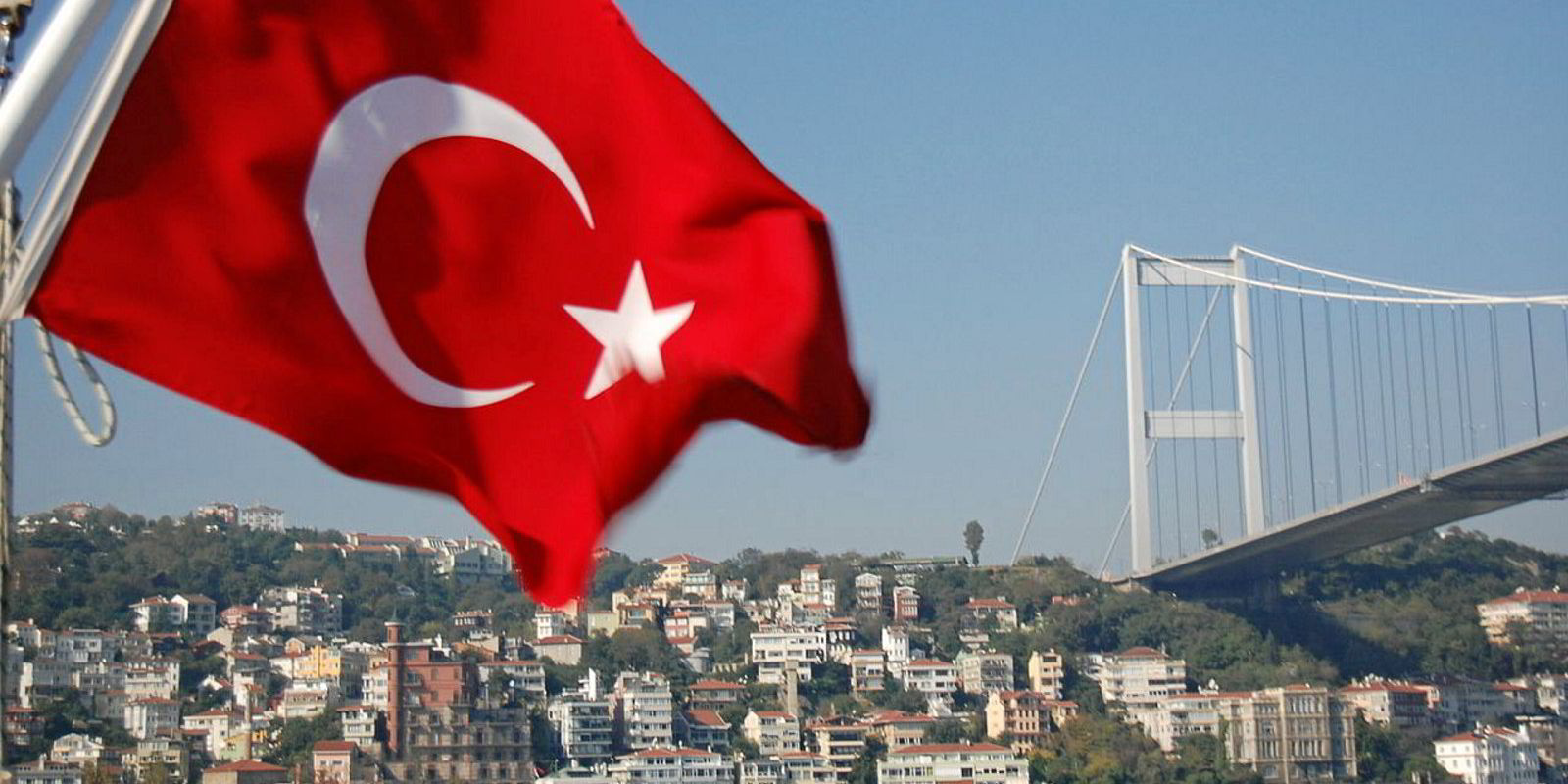Bulk carriers trapped in Ukraine have found a way out of the war-torn country — if they’re carrying grain.
Those with other cargoes have been less lucky.
Not covered under a UN-led safe passage scheme, they’re stuck in the conflict zone for months, incurring war risk and crew maintenance costs.
One such bulker, the 14,200-dwt Sea Luck (built 1999), has been in Odesa for nearly seven months with 23 seafarers on board.
The vessel’s managers FGM Chartering are seeking to switch its cargo from steel coils to grains, so it can leave port.
Their calls, however, have fallen on deaf ears with the ship’s charterers, who have so far failed to agree to the discharge of the steel cargo.
“Fayette International Holdings are only concerned to save their interest of their cargo on board and use the vessel as floating warehouse,” FGM Chartering executives told TradeWinds in an e-mail.
Athens-based FGM Chartering says it has initiated legal proceedings in the UK against the charterer.
Managers at Fayette didn’t respond to an e-mailed request for comment.
Insurance concerns
According to the information provided by FGM, the Sea Luck began loading its cargo in Odesa on 23 February, on the eve of Russia’s invasion.
By the time Ukrainian ports shut down due to the conflict, about 3,500 tons of coils had been loaded on the ship — around a quarter of the cargo its owners had agreed to transport.
When the UN safe passage scheme got up and running in August, Sea Luck’s owners saw an opportunity to get their vessel out of Ukraine.
Invoking a “Voyawar 1993” clause in their charterparty, they delivered notice that they decided to discharge the cargo at Odesa port.
The clause in question allows owners to back down from a charter in case of perceived war risk at any time before the vessel commences loading.
Regardless of whether Voyawar 1993 can be invoked, Odesa port authorities require charterers’ permission for the discharge. According to FGM, this has not been forthcoming.
“They [charterers] are claiming… that if the cargo is discharged, the rights over war risks insurance on the cargo will be cancelled due to the insurance policy [having] been concluded prior to the start of the war,” FGM managing director Kefah Fahl said in the e-mail to TradeWinds.
According to Fahl, charterers have added insult to injury by granting a similar request to another vessel, the 2,800-dwt Kaptan Cevdet (built 1992).
The much smaller ship left Ukraine after discharging its original steel cargo and then replacing it with grain.
FGM feels the same should happen in its case.
“Whatever the value of the steel cargo, the value of the lives and the well-being of the 23 people on board the vessel is beyond comparison,” Fahl said.
“Crew’s safety cannot be at risk any longer. Nor can owners accept the vessel to be lost or abandoned due to someone’s concerns of the safety of some tons of steel cargo,” he added.
More than 100 vessels carrying at least carrying 2.3m tonnes of grains and other foodstuffs have left Ukrainian ports under the UN safe corridor since early August. Several of them had been blocked in Ukraine since the war began.
But even that opportunity may be narrowing. Russian president Vladimir Putin on Wednesday called for the deal to be modified, arguing that too large a share of the grain goes to developed countries rather than to poor ones.





